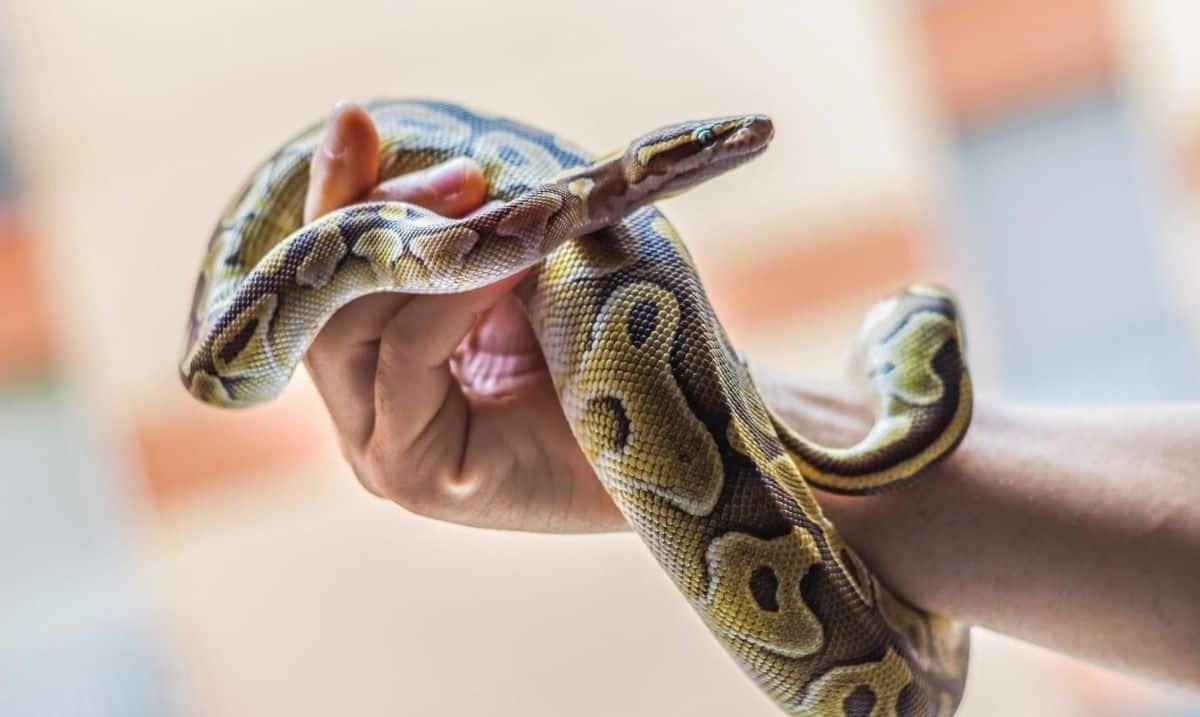Singapore, February 7, 2025 – The Animal Concerns Research and Education Society (ACRES) has revealed that it received 15 tip-offs regarding illegal snake-keeping in Singapore last year, highlighting growing concerns about the unlawful trade and ownership of exotic reptiles.
Increase in Illegal Snake Ownership
Compared to previous years, the number of reports regarding unauthorized snake ownership has increased, signaling a rising interest in keeping these reptiles as pets despite strict regulations. Many of the cases involved individuals who illegally acquired and housed snakes, putting both public safety and animal welfare at risk.
Under Singapore’s Wildlife Act, the private ownership of snakes and other exotic wildlife is strictly prohibited due to concerns about public safety, ecological balance, and animal welfare. However, some individuals still attempt to smuggle or breed these reptiles illegally, leading to the increased number of tip-offs reported to ACRES.
Possible Reasons for the Surge
Wildlife experts suggest that the surge in illegal snake-keeping may be linked to an increasing fascination with exotic pets and a lack of awareness about the dangers of keeping such animals in domestic settings. Social media platforms have also played a role in glorifying snake ownership, influencing individuals to obtain these reptiles without fully understanding the legal and ethical implications.
Additionally, some experts believe that cultural factors, such as the Chinese zodiac cycle, may contribute to periodic spikes in interest. For instance, during the Year of the Snake, there tends to be an increased demand for snake-related items, including live reptiles.
Dangers of Illegal Snake-Keeping
ACRES has warned that keeping snakes illegally can pose significant risks, not only to the owner but also to the surrounding community. Venomous species can be life-threatening if mishandled, while non-venomous snakes, such as pythons and boas, can grow too large for owners to manage. Improper care can also lead to malnutrition, stress, and early mortality for the animals.
Furthermore, illegally kept snakes often end up being abandoned in the wild, where they may struggle to survive or disrupt local ecosystems. ACRES and local wildlife authorities have repeatedly emphasized the importance of reporting illegal wildlife ownership to prevent such incidents.
ACRES’ Call for Action
The organization has urged the public to report any suspected cases of illegal snake-keeping and to refrain from purchasing exotic pets through unregulated sources. ACRES has also called for greater public awareness and stricter enforcement measures to curb the illegal wildlife trade in Singapore.
Authorities have reminded citizens that individuals found guilty of keeping wildlife illegally face heavy fines and potential imprisonment. The public is encouraged to appreciate Singapore’s biodiversity responsibly by supporting conservation efforts rather than engaging in unlawful pet ownership.
Conclusion
The rising number of tip-offs regarding illegal snake-keeping is a growing concern for animal welfare groups and law enforcement agencies. With stricter regulations, increased awareness, and responsible public reporting, Singapore can take further steps toward protecting its wildlife and preventing illegal pet ownership.
For those who suspect illegal snake-keeping activities, ACRES encourages reporting through its official hotline or website to ensure proper intervention and the safety of both the animals and the community.





